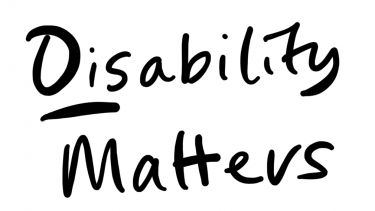Disability Matters Online Symposia 2024: Disability in the Geopolitical South

Event details
Description
Disability Matters is a major pan-national programme of disability, health and science research. This free, online event is on 11th December, and we are asking three speakers the question "How does your area of research engage with disability in the geopolitical south and challenge dominant epistemologies and paradigms of disability?". We will also have time for open discussion and questions.
The format of the symposium will be:
-
Introduction by Dan (5 minutes)
-
Three x spoken provocations (10 minutes x 3)
-
Q&A (20 minutes)
-
Online plenary and open discussion (20 minutes)
Total duration: 1 hour 15 minutes
Speakers
Jiya Pandya
Jiya Pandya is a scholar of transnational disability studies currently working on a concept history of "disability" in postcolonial Indian welfare as a PhD candidate at Princeton University. Their work has been published in Disability Studies Quarterly, Lateral, History of Anthropology Review, and QED: A Journal in GLBTQ Worldmaking.
Vishnu KK Nair
Vishnu KK Nair, PhD is trained as a speech and language therapist and a critical scholar of communication disability. Currently, he is a lecturer in the school of psychology and clinical language sciences at University of Reading. His research focuses on understanding communication disability utilising critical, decolonial and global southern epistemologies.
Ankita Mishra
Ankita Mishra, PhD, is the Research Associate: Health Priorities for Disability Matters at 91̽»¨. Her research, teaching and scholar activism is interdisciplinary using participatory and creative approaches in her work with marginalised communities affected by intersectional oppression. She draws upon critical community psychology, Black feminism, critical race theory, critical disability studies and decolonial theory in her research and practice.
We reserve the right to change the speakers if necessary (due to availability, sickness etc.).

iHuman
How we understand being ‘human’ differs between disciplines and has changed radically over time. We are living in an age marked by rapid growth in knowledge about the human body and brain, and new technologies with the potential to change them.
